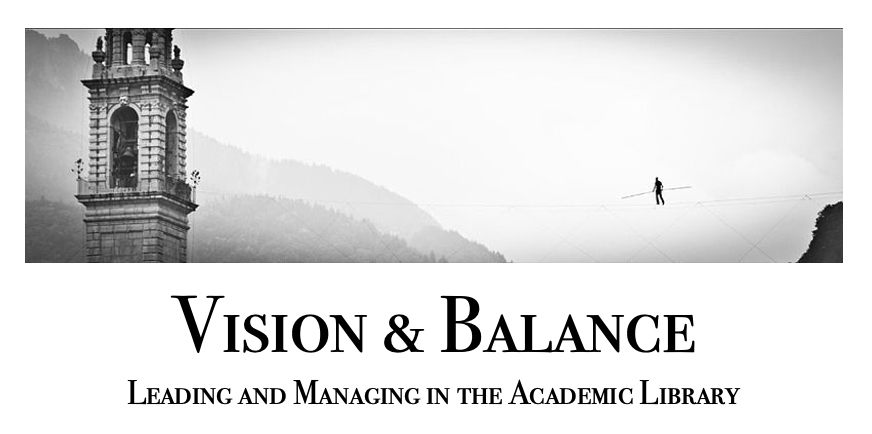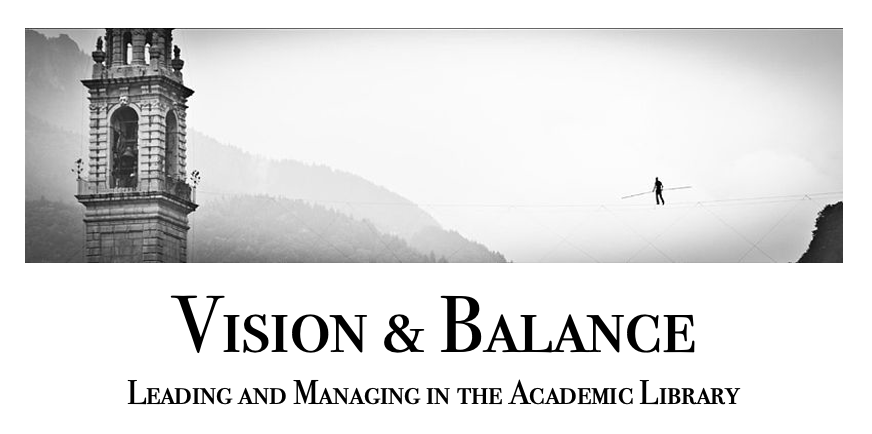The Farther You Are from a System, the Simpler it Looks
As your scope of authority – and therefore the opportunity to make high-handed decisions without input from others – increases, your ability to fully assess the implications of your decisions within the organization actually decreases.

I don’t know if I’ve had a lot of great insights over the course of my career. There are things I’ve figured out, and things that other people have figured out and explained to me, but there haven’t been many times when I’ve experienced anything that really felt like a flash of professional inspiration.
It happened once, though. The thing is, I can’t remember the circumstances in which it happened. I just know that at some point, I suddenly understood a very important principle, and an equally important corollary:
- The farther you are from a system, the simpler it will look to you, and
- The easier and cheaper you will expect changing that system to be.
I think that insight may have been driven by years of listening to people characterize scholarly publishing as a simple matter of “authors creating content and giving it away to publishers for free so that publishers can sell it back to them at an enormous profit.” Of course, if you have little or no experience of publishing, this is exactly what it looks like. And because we, in libraries, work so often and so closely with publishers, it’s easy for us to think that we’re closer to that system than we actually are, and that we are therefore seeing it in all its complexity. But for the most part, we aren’t, and we therefore don’t see (or overlook) the highly complicated and wide-ranging network of interlocking pieces that make up a superficially simple-looking whole.
